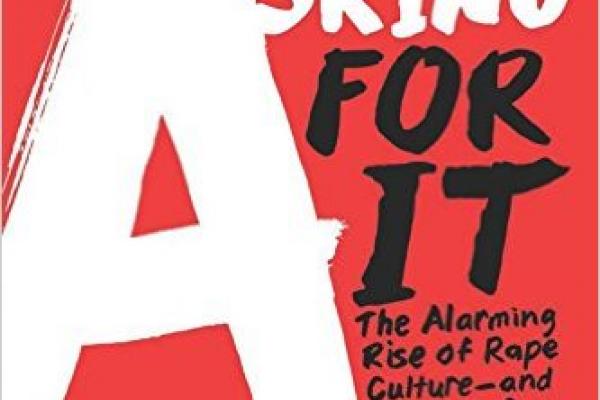IN THE COURSE of a few months in the past year, I learned that three women and men close to me had been sexually assaulted—as children and as adults. Hearing their stories broke me out of many of the lies surrounding rape that I had fallen into without even realizing it.
Kate Harding’s Asking for It attacks the same lies and misconceptions. She explores how we, as a culture, embrace myths surrounding rape and sexual assault. Theoretically, we think of rape as a terrible crime that takes away people’s right to choose what to do with their bodies—but practically we have trouble believing that it actually happens, or if it does that it is really that bad. We joke about rape, we believe it is caused by women acting like “sluts,” or act like the only kinds of rape that really matter are those in which a white woman is attacked by a brown man. We normalize assault and minimize it.
We have built a society and criminal justice system that protect abusers and place the responsibility on women to avoid being assaulted rather than on men to not attack.
Sadly, none of this is surprising, but Harding’s exploration of these familiar truths is biting and unrelenting.
She is offensive at times, but about things we should be offended about. When I recoil at her describing a rape by saying he “put his dick in her,” I realize how much I should be disgusted by the assault itself. We can numb ourselves by using clinical language to talk about rape and sexual assault, but Harding refuses to give us distance from the violence of these attacks.
Harding suggests practical changes that we can make—such as educating our kids, reforming our criminal justice system, and changing our language. These practical measures consist of the minimum on which we all ought to agree: My conservative friends, together with my progressive ones, can agree that rape jokes are offensive, hurt people, and contribute to a society in which people are more easily hurt. As Harding notes, even when we have radically different ideas about the proper scope of sexual activity, we should all agree that clear consent is necessary for a healthy sexual relationship.
Read the Full Article

